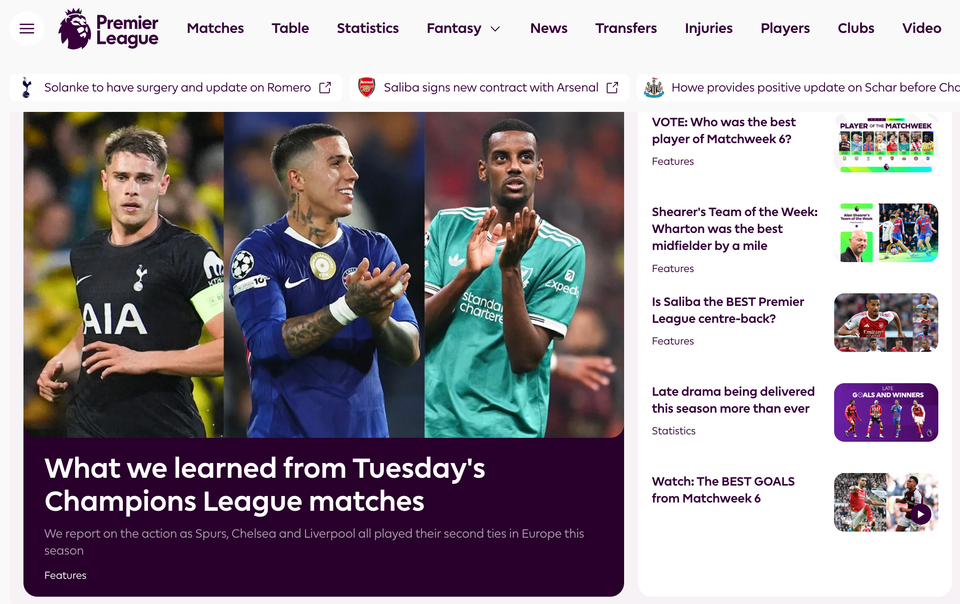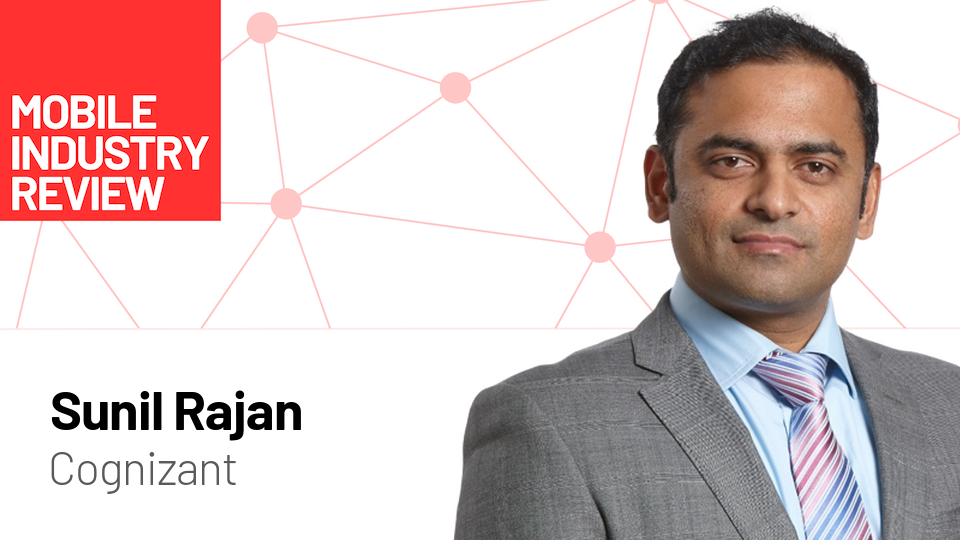Zuckerberg's new Facebook manifesto - globalisation or not

Mark Zuckerberg, Facebook’s founder and CEO, has just released a new essay on his company’s new direction. The 5,700-word manifesto talks about a lot of things but the main idea is to promote globalization. More specifically, the idea that Facebook and other major tech entities have a responsibility to bring the world’s communities together.
This could certainly be constituted as a timely entry amidst growing concerns in the global community about policies, and people, that seek to divide humanity. Worth noting, however, is also the fact that Zuckerberg did not name anyone or anything in particular. Whereas the vast majority of the tech world has taken some sort of approach against the Trump administration, positive or not, Zuckerberg and Facebook continue to appear apolitical.
The sprawling essay is fairly typical of similar speeches by its founder. Ever since Facebook was established as the world’s largest social network, Zuckerberg has followed a careful approach. In fact, this essay could easily be considered as an update on his letter to Facebook’s investors five years ago.
Connecting the world’s communities is a noble and worthy goal to be sure. Establishing communities which are “supportive”, “safe”, “informed”, “civically-engaged”, and “inclusive” also represents some great ideals. But what can Facebook do about that?
Aside from some very vague notions and hints, Facebook’s CEO did not really set out any plans. It is painfully obvious that he believes the social network should play a role in these globalization efforts, but what role that might be is an unknown factor.
The problem here is not with Facebook or Mark Zuckerberg specifically. There is nothing inherently wrong with the social network. At least, nothing that should not be obvious to everyone by now. The problem is that Facebook wants to present itself as a humanitarian platform whose sole aim is to unite the world based on altruistic ideas.
That, of course, is simply not true. Despite the fact that Zuckerberg condemned fake news and supported a wider range of information, he also attempts to circumvent a simple truth; Facebook is a company that relies entirely on users and their data.
Though Facebook already has 1.8 billion users, keeping them active and engaged is a constant process. Adding even more users to the service and holding on to them has always been and always will be the number one goal.
Attempting to present the social network as nothing more than a tech website where people can share things is dishonest, at best. Regardless of its original or current goals, the Facebook of today is a platform for ideas, news, and opinions.
Facebook will undoubtedly play a role in globalization processes and themes over the next few years, there is no denying that. But before we all jump in the bandwagon for the tech world’s humanitarian influences, we should still remember that nothing and no one is beyond criticism, as long as it is constructive.



